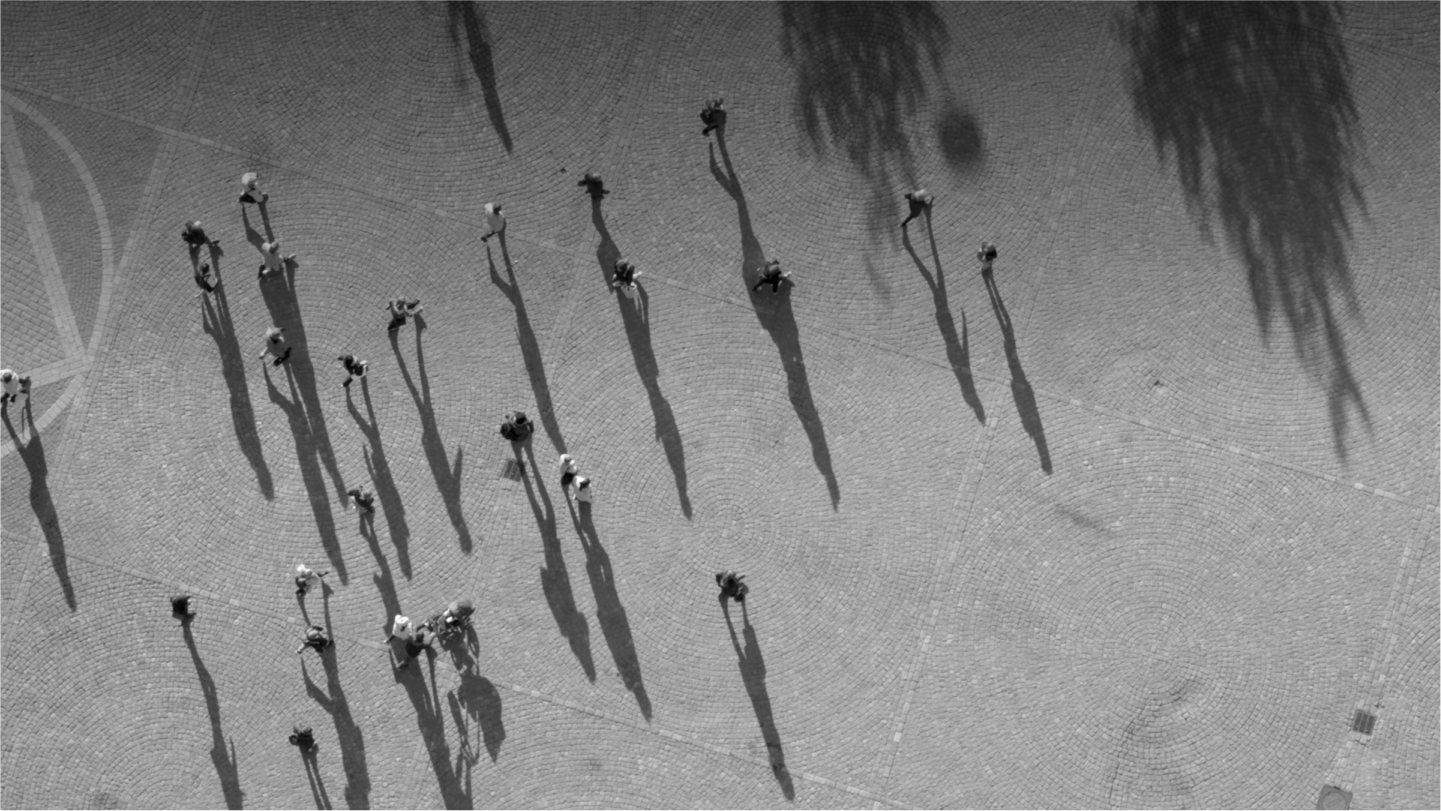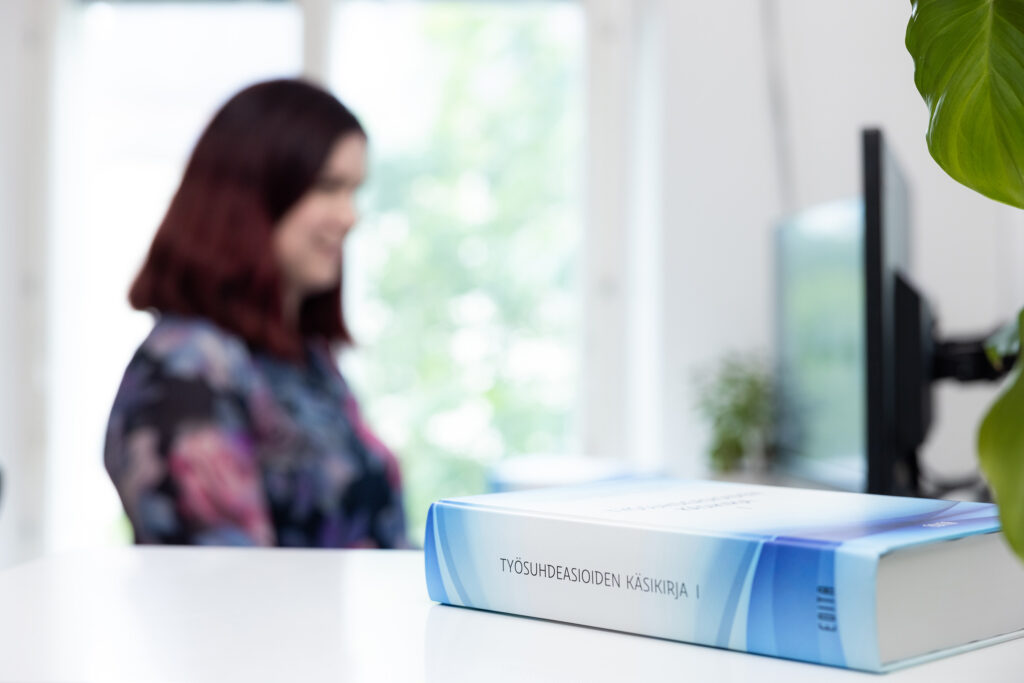



At present, the law does not provide a clear answer to the question of who owns the copyrights to protected works created during the employment relationship. The Copyright Act only covers computer programs and databases created during the employment relationship, the copyright of which is transferred by law to the employer.
The general premise of intellectual property law is that the rights belong to the natural person who has created the protected output. On the other hand, from the point of view of labor law, the results of the work belong to the employer, and the employee is paid a salary in return for work performance. There is a conflict at hand that needs to be resolved somehow.

When assessing an employee’s copyright, the first question to be resolved is whether there is a work that is protected by copyright in the first place. If so, the basis on which the employer may have the right to use the work, adapt it and transfer the rights must be considered. This can be assessed under the so-called ‘normal use rule’, but in some situations the situation may be unclear and therefore unsatisfactory for the parties.
If possible, it is advisable to try to resolve the matter by agreement. We assist our clients before or during the employment relationship in situations where the parties wish to agree on their rights. We also assist our clients in cases where a dispute arises afterwards.

In addition to copyrights, other intellectual property rights, such as patents, models, trademarks and domains, i.e. domain names, which are subject to their own legislation, must also be taken into account according to the industry. In addition, for example, the Employment Inventions Act stipulates the conditions under which an employer gains the right to an invention made by an employee during the employment relationship.